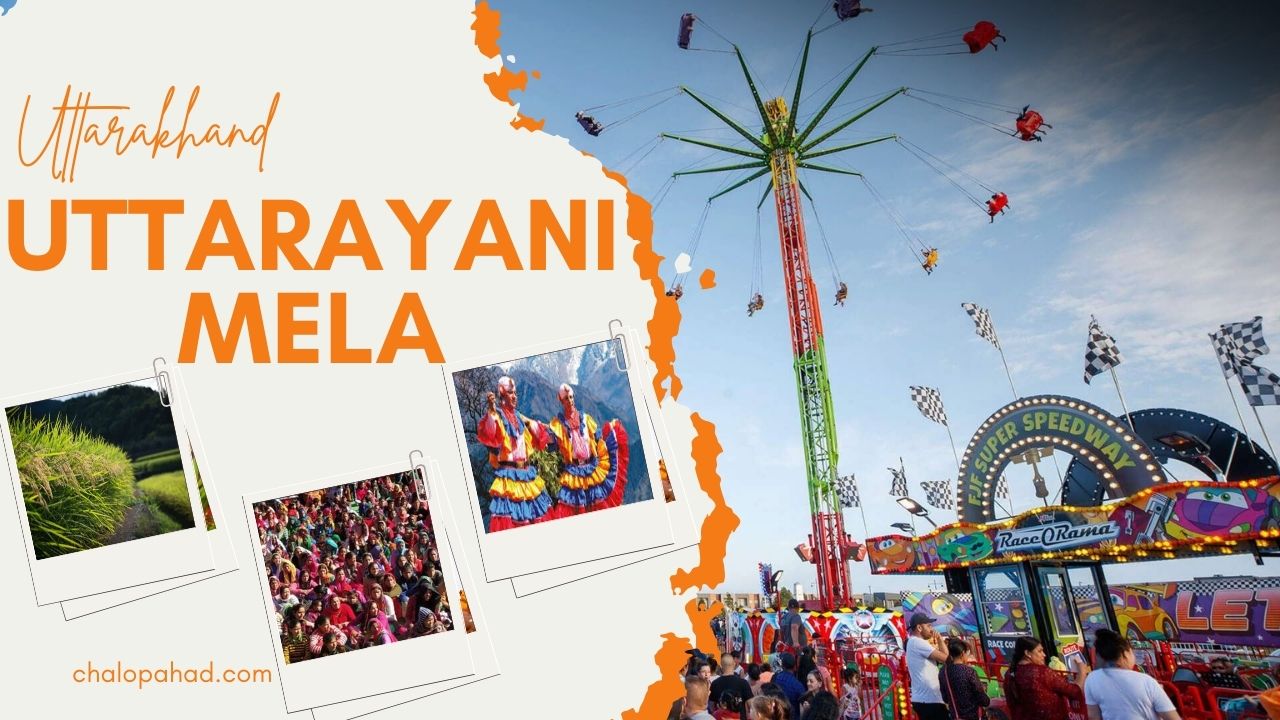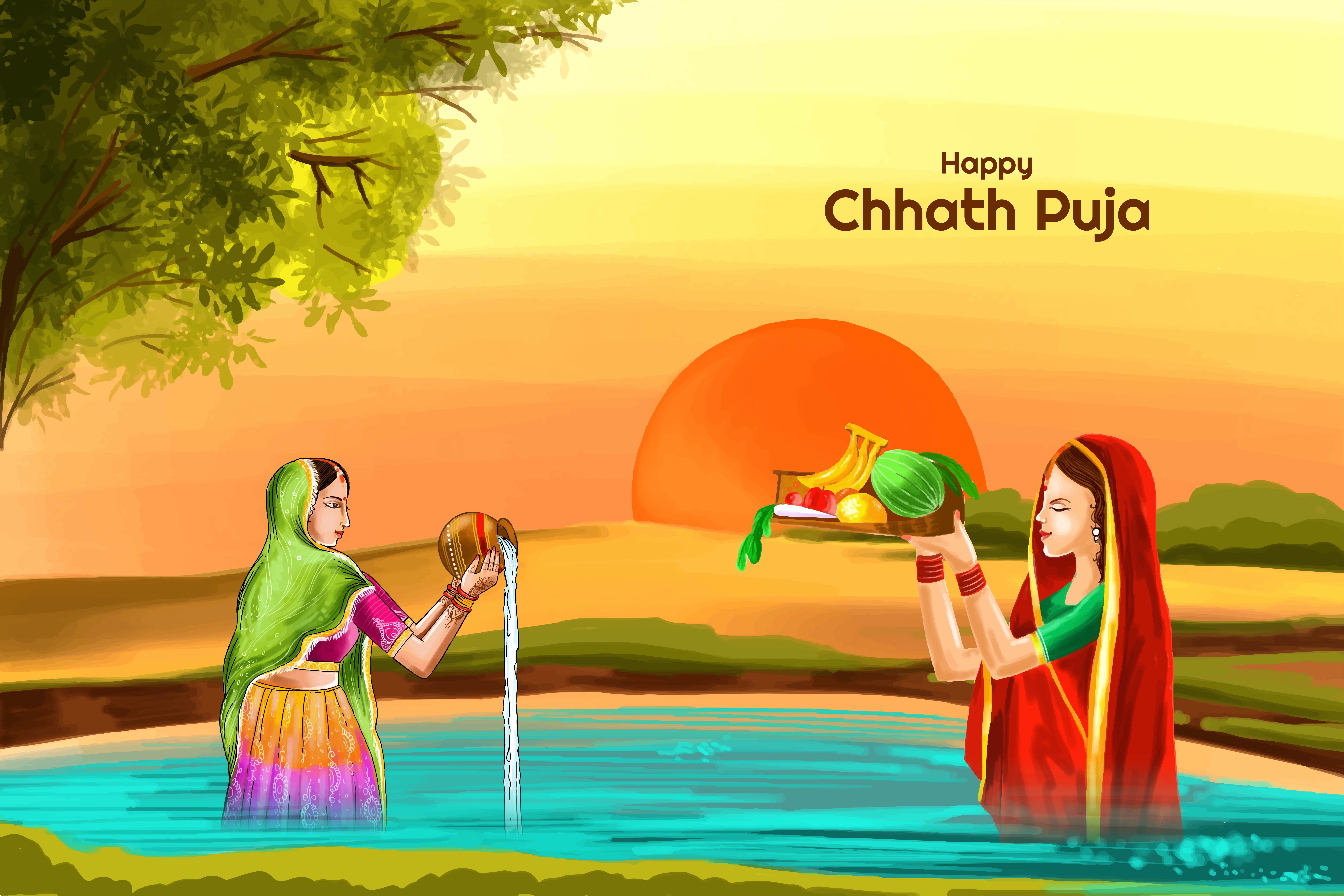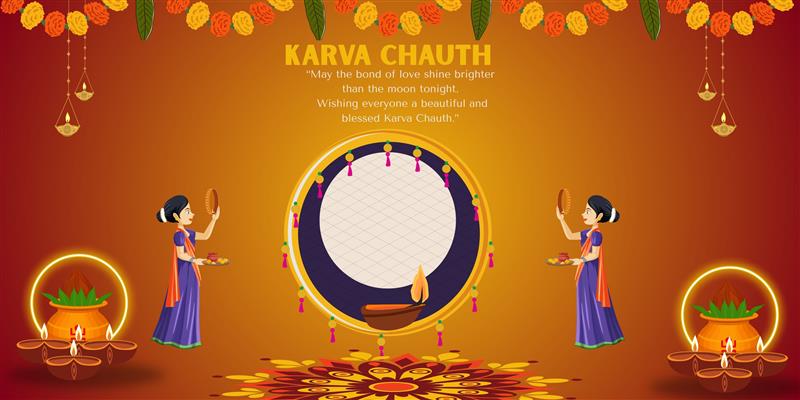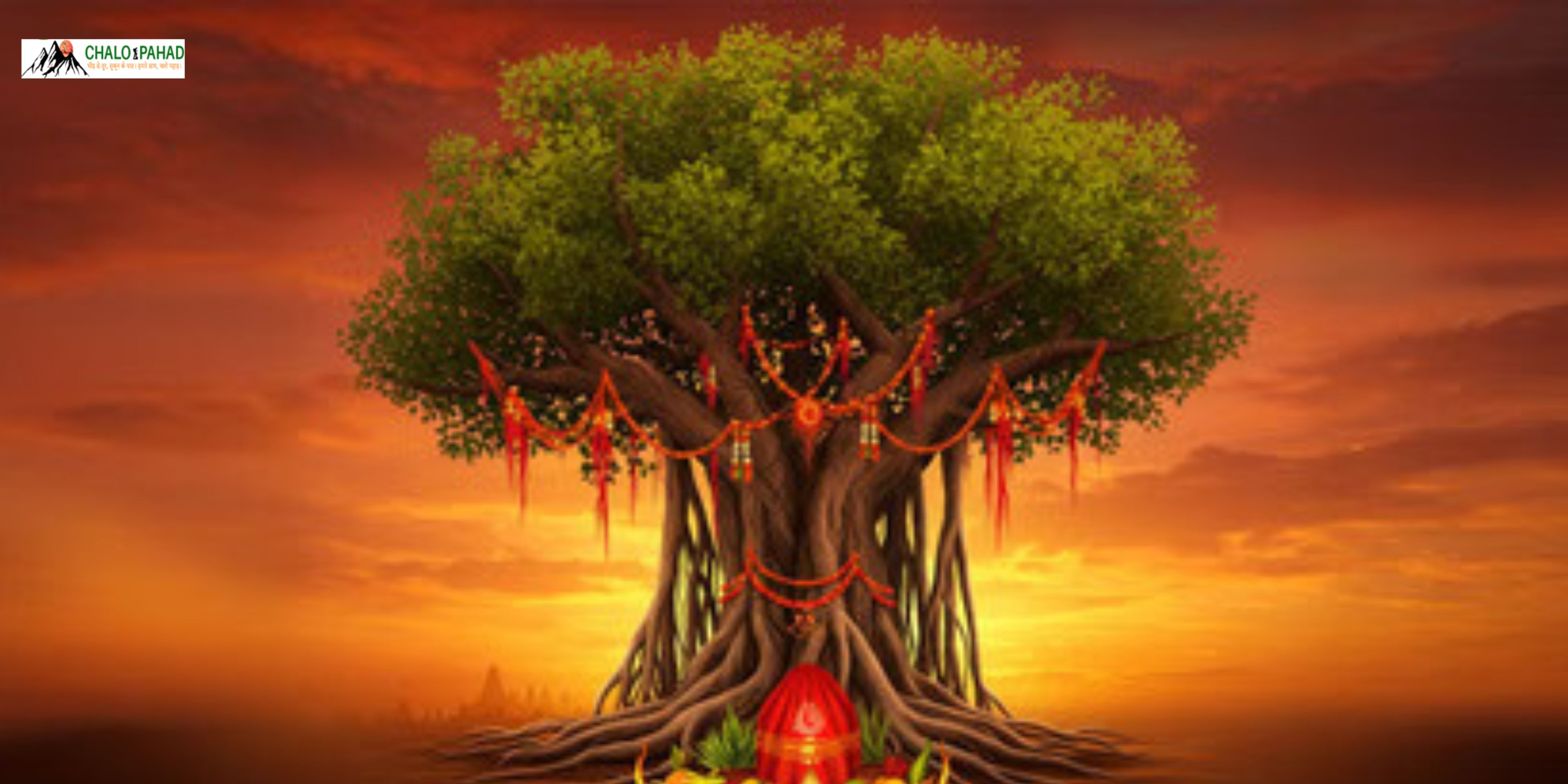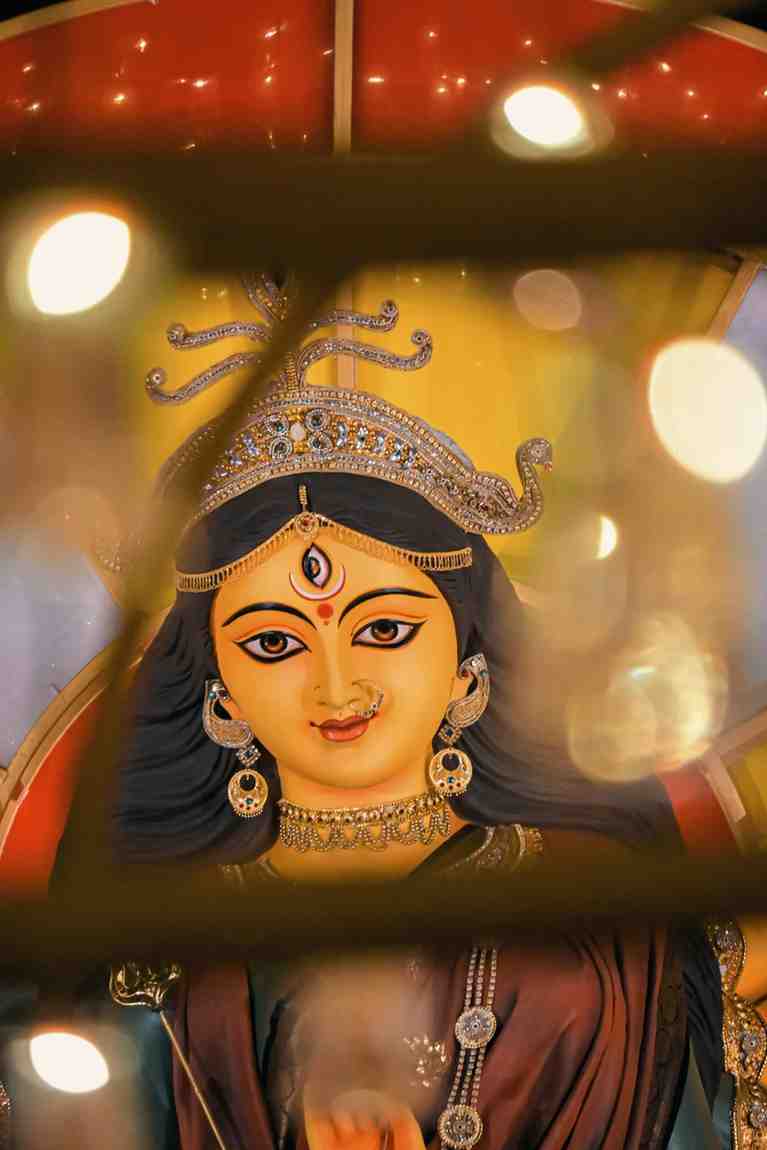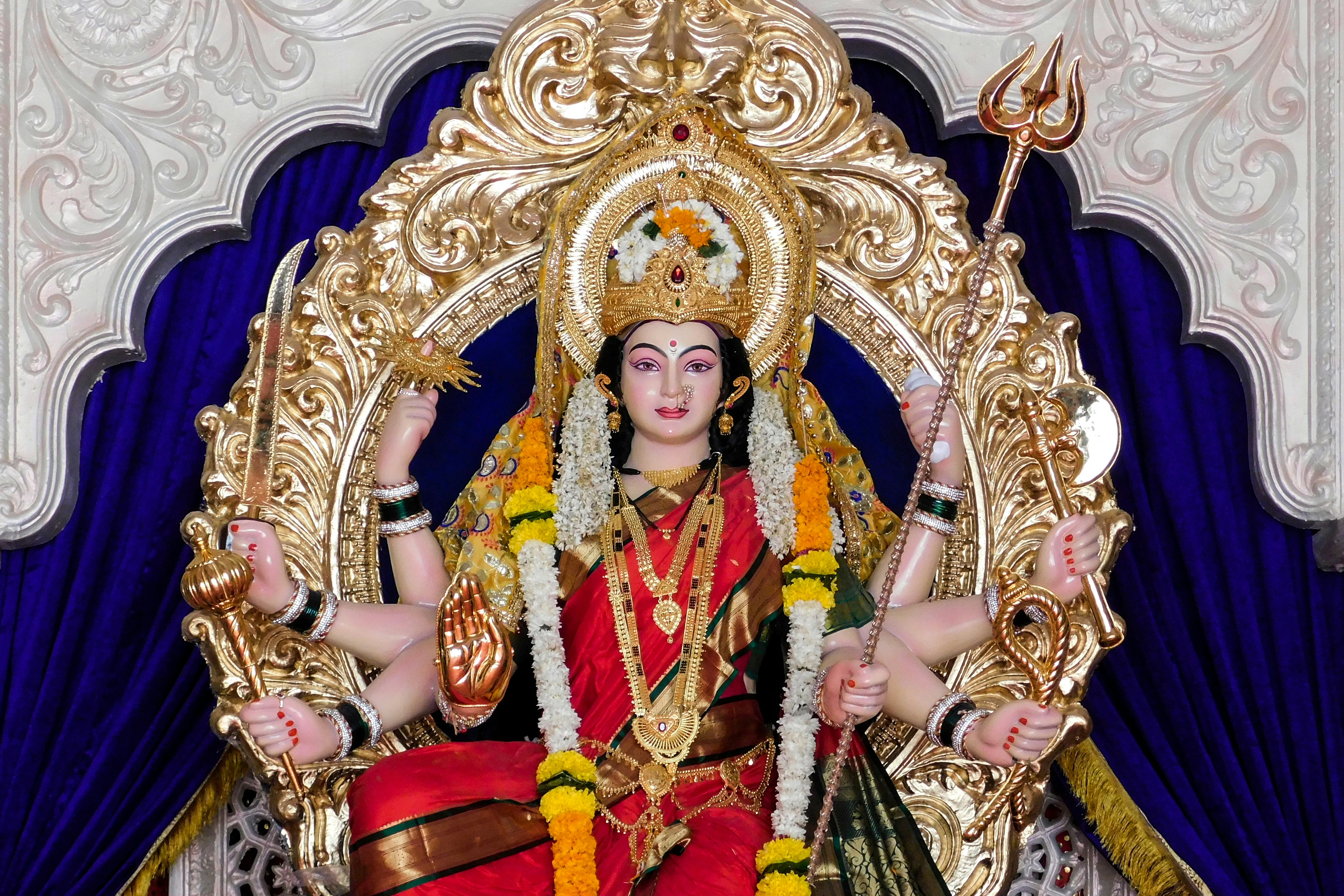After the bright chaos of Diwali fades when diyas (दीये) still flicker on balconies and the air smells faintly of sweets there comes a softer day. Bhai Dooj (भाई दूज). It’s not loud or glittery. It’s calm, almost like a whisper of affection that lingers after the festival of lights ends.
It’s that one morning when a sister sets her thali (थाली) with care, and a brother, still sleepy, shows up just because he knows she’d be waiting.
What Makes Bhai Dooj Special
The ritual is simple, but the emotion behind it runs deep. A sister applies a tilak (तिलक) on her brother’s forehead, does a small aarti (आरती), and prays for his happiness and long life. In return, the brother gives her a gift maybe something small, maybe something thoughtful and promises to protect her, in every way he can.
There’s no big show. No fireworks. Just quiet love wrapped in tradition. And maybe that’s what makes it so real.
Across India, this day takes different names and colors. In Bengal, it’s called Bhai Phonta (भाई फोंटा). In Maharashtra, it’s Bhau Beej (भाऊ बीज). In Nepal, Bhai Tika (भाई टीका). Every region does it a little differently, but the meaning stays the same a bond that neither time nor distance can break.
The Story Behind It
If you go back to the old tales, you’ll find a beautiful one behind Bhai Dooj. It says that Yamuna (यमुना), the sister of Yamraj (यमराज), the god of death, invited him to her home one day. She welcomed him with food, tilak, and affection. In return, Yama promised that any brother who visits his sister on this day would live a long, prosperous life.
And that’s how Bhai Dooj became a symbol of love that defies even death of relationships that protect, heal, and endure.
How People Celebrate
Walk into any Indian home on Bhai Dooj morning, and you’ll sense the difference. The house feels peaceful after days of noise and light. The floors are swept clean, a fresh rangoli (रंगोली) blooms near the door, and the kitchen smells of ghee and sugar.
The sister prepares her thali filled with kumkum, rice, sweets, a diya (दीया), and flowers. She waits, pretending to be busy, but her eyes keep checking the door. The brother comes, sometimes teasing, sometimes carrying gifts. The laughter that follows feels like home.
It’s not about fancy outfits or rituals done perfectly. It’s about moments a shared plate of sweets, an old memory that makes both laugh till they cry.
Simple Bhai Dooj Ritual You Can Do at Home
You don’t need a pandit (पंडित) or big arrangements. Just these simple steps:
- Set a small red cloth and place your thali with kumkum, rice, sweets, diya, and flowers.
- Sister applies the tilak and does the aarti.
- Offer sweets and whisper a small prayer for your brother’s happiness.
- Brother gives a gift even a simple one with love and gratitude.
That’s it. The ritual is small, but it carries generations of affection.
Traditions, Food, and Modern Touches
Like all Indian festivals, food makes Bhai Dooj even more special. In North India, homes fill with puri, halwa, and kheer. In Maharashtra, you’ll find basundi or shrikhand on the table. In Bengal, sisters prepare sandesh and rasgulla, soft and sweet like the day itself.
Many families also extend the ritual beyond siblings. Cousins, friends, or anyone who shares that sibling-like bond are included. Some people even celebrate over video calls a modern twist, but the feeling stays the same.
Why It Still Matters
We live in a time when people are busier than ever. Calls are replaced with texts, and texts get left on “seen.” In that world, Bhai Dooj feels like a breath of old warmth. It reminds us to pause. To show up. To say, “I remember.”
The tilak (तिलक) might fade by evening, but the feeling doesn’t. The laughter, the teasing, the small promise — it lingers. Festivals like this keep relationships alive in their simplest, most human form.
A Gentle Thought to End With
Bhai Dooj isn’t about doing things perfectly. It’s about presence. When a sister bends to apply a tilak and a brother quietly smiles, there’s something eternal in that moment. It’s love without big words, care without conditions.
So this Bhai Dooj, let the halwa burn a little, let the rangoli smudge. Don’t chase perfection. Just be there. Because that’s what this day is really about being there for each other.


